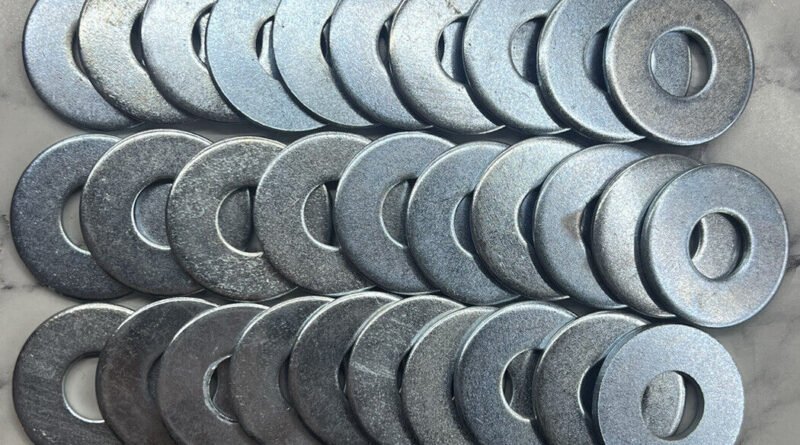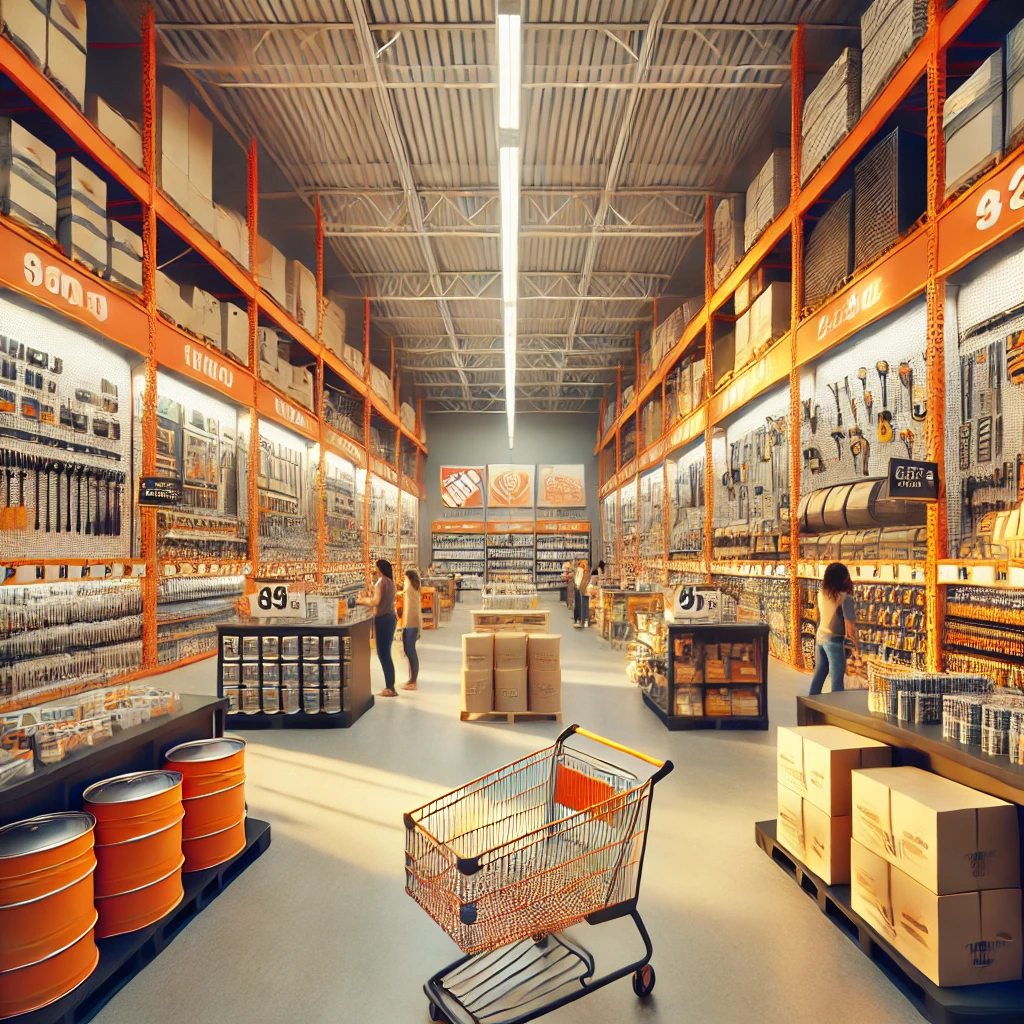cost of 9/16 washer, washer pricing, industrial washers, metal washers cost, washer size and cost, best 9/16 washer prices
Understanding the Cost of 9/16 Washer
The cost of 9/16 washer varies significantly based on factors such as material type, quantity purchased, brand reputation, and market demand. Washers, including the 9/16 size, play a critical role in various mechanical and construction applications, ensuring the even distribution of load and preventing surface damage.
The price of a 9/16 washer can range from a few cents per piece when bought in bulk to a higher cost when purchasing specialized versions made from premium materials like stainless steel or coated alloys. While the base cost is often minimal, the total price may fluctuate due to supply chain issues, brand prestige, or additional protective coatings that enhance durability.
Many buyers overlook the significance of choosing the right washer, focusing only on price without considering durability and strength. When purchasing washers, it is crucial to evaluate factors like corrosion resistance, tensile strength, and intended use. A high-quality 9/16 washer may cost slightly more, but it offers better longevity and reliability, ultimately reducing maintenance costs in the long run.
Factors Affecting the Cost of 9/16 Washer
Several elements determine the cost of 9/16 washer, making it essential for buyers to analyze different aspects before making a purchase. Understanding these variables ensures that you get the best value for your money.
1. Material Type
Washers are available in various materials, and each affects pricing differently. Stainless steel washers, for instance, are more expensive than plain steel or zinc-coated ones due to their corrosion resistance and enhanced durability. Brass and copper washers tend to be pricier as well, given their superior anti-corrosion properties.
2. Brand and Manufacturer
Reputable manufacturers often charge a premium for their products due to stringent quality control and superior manufacturing processes. Generic or off-brand washers may be cheaper, but they often lack the same level of quality and durability.
3. Purchase Quantity
Buying washers in bulk typically reduces the cost of 9/16 washer per unit. Many suppliers offer discounts for larger orders, making it more economical for businesses or individuals requiring high volumes. However, for one-time use, bulk purchasing may not be the most practical option.
4. Coating and Finishing
Protective coatings such as zinc plating, hot-dip galvanization, or polymer coatings can add to the overall cost. These coatings help prevent rust and corrosion, making them a worthwhile investment for outdoor or high-moisture environments.
5. Supply Chain and Market Trends
Fluctuations in raw material costs, transportation expenses, and economic conditions also influence washer prices. During periods of high demand or material shortages, washer prices tend to rise.
Different Types of 9/16 Washers and Their Prices
The cost of 9/16 washer depends on the specific type needed for a given application. There are multiple variations, each serving a different function, and pricing can vary accordingly.
1. Flat Washers
Flat washers are the most common type, used primarily for load distribution. Their cost is relatively low, but high-quality versions made from stainless steel or other rust-resistant materials may be priced higher.
2. Lock Washers
Lock washers help prevent loosening due to vibration. They come in various designs, such as split, serrated, and wave washers. These tend to be slightly more expensive due to their specialized function.
3. Fender Washers
Fender washers have a larger outer diameter, which helps distribute weight over a broader area. This makes them ideal for softer materials or applications where extra surface protection is needed. Their cost is typically higher than standard flat washers.
4. Structural Washers
These heavy-duty washers are designed for high-load applications, often made from hardened steel. Their cost is significantly higher due to the materials used and the additional strength they provide.
Where to Buy 9/16 Washers at the Best Price
Finding affordable yet high-quality 9/16 washers requires knowing where to look. Here are some of the best sources to consider:
1. Hardware Stores
Local hardware stores often stock washers of various sizes, including 9/16, and provide the advantage of immediate availability. However, prices may be slightly higher than online options.
2. Online Marketplaces
Websites like Amazon, eBay, and industrial supply platforms offer a broad selection of washers at competitive prices. They also provide customer reviews to help evaluate quality.
3. Wholesale Suppliers
Industrial suppliers and wholesalers offer bulk purchasing options at discounted rates. Companies like Grainger, Fastenal, and McMaster-Carr cater to businesses requiring large quantities.
4. Manufacturer Direct
Purchasing directly from manufacturers can be a cost-effective option, particularly for businesses needing high-volume orders. Many manufacturers offer direct sales with discounted pricing.
How to Choose the Right 9/16 Washer for Your Needs
Selecting the right 9/16 washer involves more than just considering the cost. Durability, application type, and material composition should all play a role in your decision-making process.
1. Assess Application Requirements
Consider whether the washer will be exposed to harsh conditions, such as moisture, chemicals, or heavy loads. Choosing a washer with the right material and coating ensures longevity.
2. Consider Load-Bearing Capacity
Some applications require washers that can withstand heavy loads. Structural washers or high-tensile washers may be necessary in such cases.
3. Factor in Corrosion Resistance
If the washer will be used in outdoor or high-moisture environments, stainless steel or coated washers are the best choices.
Final Thoughts on the Cost of 9/16 Washer
The cost of 9/16 washer varies based on several critical factors, including material type, purchase quantity, brand, and specific washer design. While price is an essential consideration, quality and durability should never be compromised. By selecting the right washer for your needs, you ensure better performance and longer-lasting results, ultimately saving money in the long run.
Whether you need a standard flat washer, a heavy-duty structural washer, or a corrosion-resistant variant, understanding pricing dynamics will help you make a well-informed purchase. Always compare different suppliers and consider bulk purchases for cost savings.




